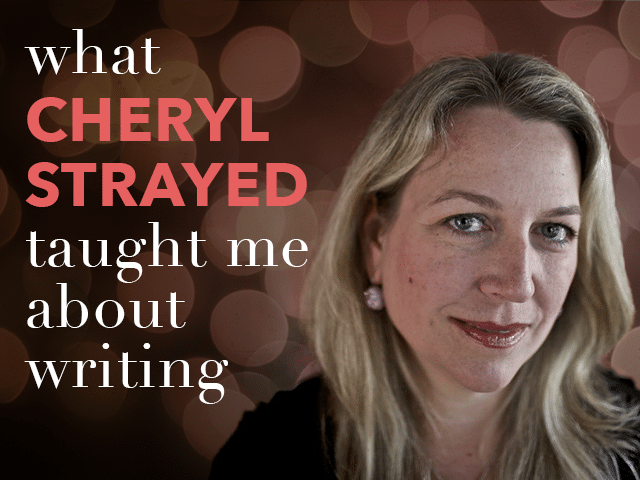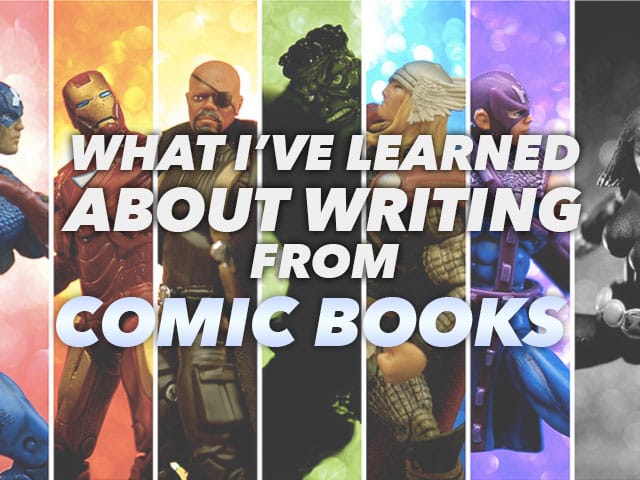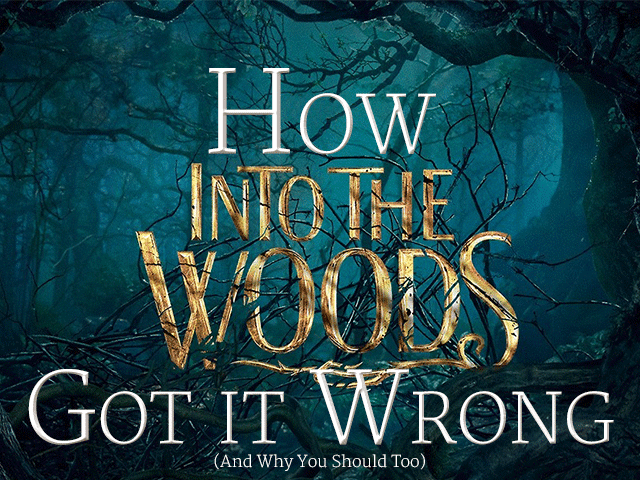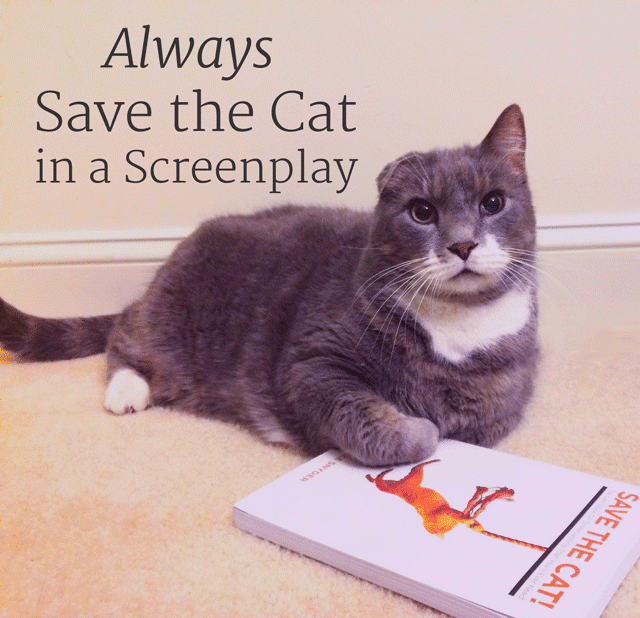
by Joe Bunting |
I came across Jack Kerouac’s list of thirty “Beliefs and Techniques for Modern Prose,” and unsurprisingly, if you’ve read Kerouac, it’s less of a list of techniques and more a poetic riff on the writing life itself.
Some of my favorites are, “Write what you want bottomless from bottom of the mind,” and (of course), “Remove literary, grammatical and syntactical inhibition,” and, “Writer-Director of Earthly movies Sponsored & Angeled in Heaven.”
Here’ the full list…

by Monica M. Clark |
This week I am at a five-day writer’s retreat taught by Cheryl Strayed, the author of the critically-acclaimed, Oprah-stamped, book-turned-movie Wild.
If you are a Cheryl fan, then I’m here to tell you that she is as awesome as she appears to be in her book and Dear Sugar advice columns. She’s as engaging a speaker as she is a writer, and her lessons and writing prompts are so inspiring I now have ideas for two new essays and a plan to make my novel stronger.
It’s only been two days, and it’s impossible for me to share everything, but over the next series of posts I’m going to try.
The first lesson I learned from Cheryl Strayed: Lean Into Subjectivity.

by Emily Wenstrom |
Many an expert has prescribed voracious reading as a way to improve your writing.
But don’t just read anything, they warn—read quality in addition to quantity. Read the stories in styles you adore, the plots you wish you’d come up with yourself. It’s by reading what you love and admire, say the experts, that you will improve your own writing the most.
Well, I love comic books.

by Joe Bunting |
In January 2009, a British TV producer and mother-of-two began writing under the pseudonym “Snowqueen’s Icedragon” after being inspired by the Twilight saga (which, if you’re a regular, you know we have mixed feelings about).
She published her first novel, Master of the Universe, online, which was loosely based on the Twilight characters. In 2011 she decided to self-publish the series, which soon built up enough buzz to be talked about by Fox News and other networks.
In 2012, Random House picked up the series. Since then, the series, now titled Fifty Shades of Grey, has sold over 100 million copies, making it one of the bestselling of all time.

by Liz Bureman |
This weekend, I finally got around to seeing Into the Woods. Years ago, I saw the play the film is based on with my high school drama club on Broadway. Of course, because Into the Woods is a Disney film, there were a few things from the original musical that didn’t make it to the big screen (the fate of Rapunzel, the Baker’s Wife’s encounter with Cinderella’s Prince, etc.). Despite those changes, the overall theme of the musical remained intact.

by Pooh Hodges |
You must always save the cat in a screenplay. Never, never, never kill the cat when you are writing a screenplay. Actually, please have your main character save the cat when you write a story of any kind.
You see I am a cat. And I would never watch your movie or read your book if you were mean to a cat.





